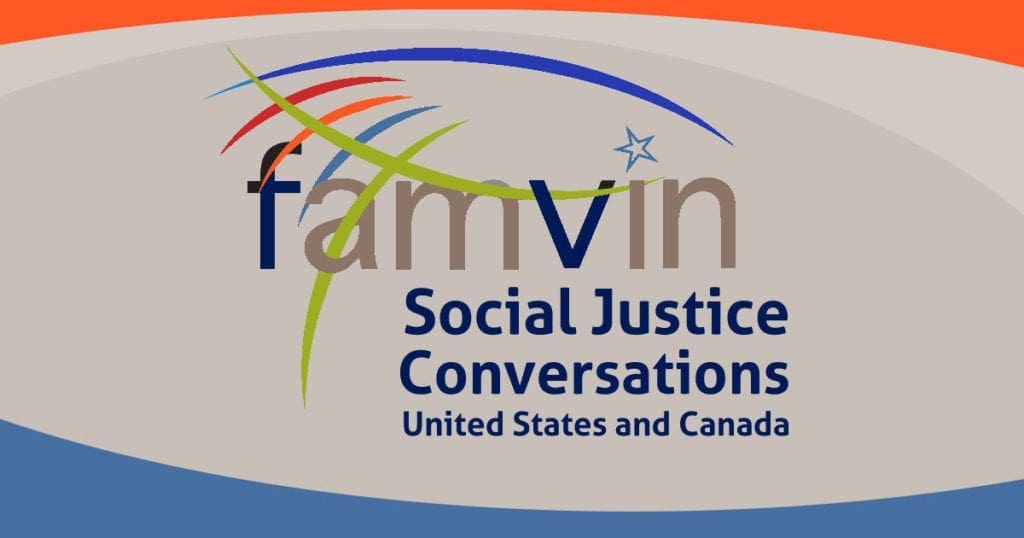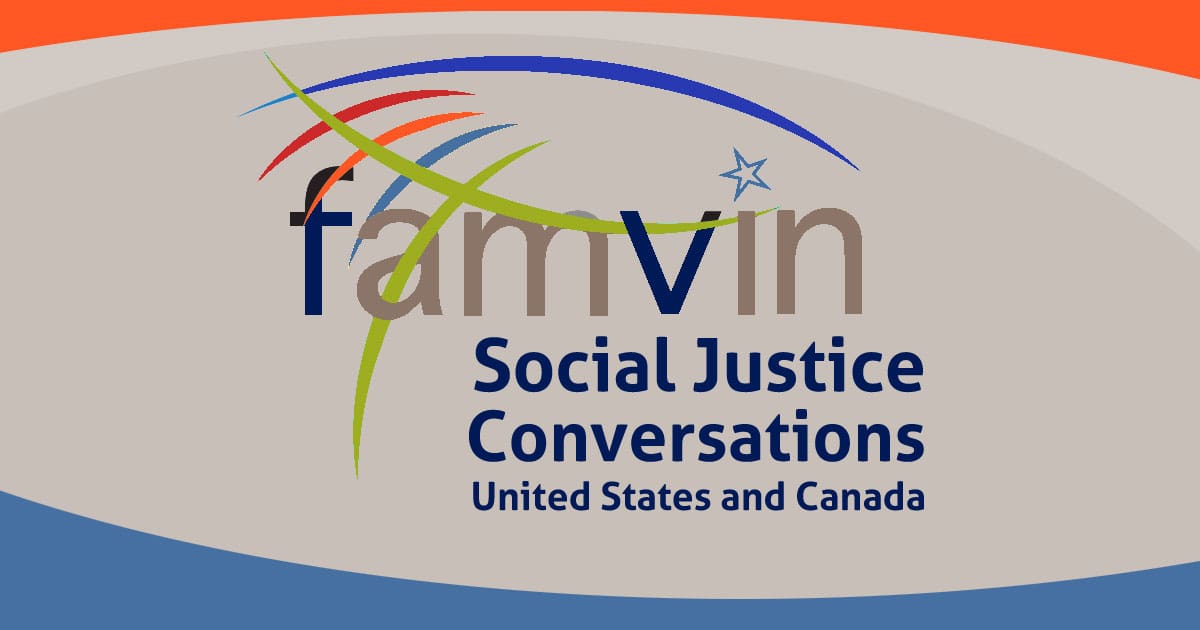Madagascar Twinning Project
A twinning project begins when a poor nation is paired with a developed nation and volunteers help the citizens become more self-reliant and productive.
Doris Hoag, a Lady of Charity from Missouri and a past president of the Ladies of Charity, USA, (LCUSA) promoted the Twinning Project after she attended an International Association of Charities of St. Vincent de Paul (aic.ladiesofcharity.us ) meeting in Niece, France in 2003. AIC told her of the immense need in Madagascar and asked if the US Ladies would twin with that country. Madagascar is a small island country on the South East coast of Africa and is the third poorest nation in the world. It is also the 4th largest island in the world with a population of 30.5 million, which is growing at a rate of about 3% each year.

Since 2003, the Ladies of Charity have been committed to helping the people of Madagascar through the Twinning Project. Annually, at our National Assembly, there is a special collection which is used so that the children of Madagascar are educated and the women may achieve more economic independence. During the past 20 years, we have assisted the women through agriculture, small businesses and new housing, thus helping them continue to strive for independence and financial autonomy. The children have received educational opportunities, expanded resources, and proper nutrition. However, in the past three years, our donations have primarily been used to rebuild homes destroyed by typhoons, which frequently devastate the Island. On average the Island is ravaged by six typhoons a year. Every year the damage and losses caused by disasters have negative impacts on the country’s development.
Many other volunteers come to Madagascar to help the people become more self-reliant and productive. Besides the Catholic Mission of the volunteers of AIC and LCUSA, priests from the Congregation of the Mission and the Daughters of Charity provide spiritual guidance, land for the families to farm, technical assistance in breeding animals and growing crops, and educational opportunities for both boys and girls. All volunteers have helped families to help themselves in maintaining their basic needs and protecting their environment.
AIC is an international network that fights against poverty in 55 countries. LCUSA is part of this network of over 150,000 volunteers organized into 53 associations present in Africa, Latin America, Asia, Europe, and North America. Approximately 12,000 projects tackling poverty are currently underway throughout the AIC network with nine associations presently working in Africa. AIC brings together mostly Christian women, inspired by the charism of St. Vincent de Paul, who work on a local level alongside the most disadvantaged people. Because they are more vulnerable in the face of poverty, women and their children represent 70% of these projects, with elderly people also beneficiaries. The objectives are to make people living in poverty autonomous and agents of change in their lives and getting public authorities involved in the fight against poverty.
Priorities of AIC are education, which is the first and best way to get out of the cycle of poverty. It is also a way for women to attain equality with men; and therefore, they improve their lives and the living standards of their families. In Madagascar, volunteers organize literacy programs for adults, mostly women. Maybe due to the efforts of AIC volunteers, Madagascar has an 80% literacy rate—88% of the male population and 73% of the female population are literate. These statistics are rising each year attesting to the level of development happening in the Island Nation, regardless of the political turmoil it has endured over the years. There is also professional training aimed at regaining access to the job market and educational activities in the form of workshops. After their professional training, the participants are encouraged to start an income-generating activity with the help of micro-credit.
Another priority is nutrition. Volunteers run school canteens for children and organize meal distributions open to the public. In Madagascar, all projects include a canteen because malnutrition is wreaking havoc in this country.
AIC has a Solidarity Fund fed by the member associations, which allows urgent support to be provided to associations facing difficult situations such as natural disasters, armed conflicts, etc. During the period 2020-2023, Madagascar benefited from this support primarily due to COVID 19 and destruction from cyclones.
AIC representatives denounce situations of poverty by giving testimonies of AIC’s actions. Through advocacy, they create links between the local and international level. AIC works in close collaboration with the Vincentian Family. Over the past three years, with attention to sustainable development, AIC’s priorities during the COVID crisis and increased violence and migration, have been: to promote creativity and solidarity in facing contemporary poverty; to implement educational and transformative projects based on Vincentian charism; and to strengthen networking and partnerships.
Support for the women and children of Madagascar by the Ladies of Charity, USA Twinning Project will pay great dividends in the future and fulfill our Vincentian promise to help those in need around the world. Holly Walter, LCUSA President and chair of the Madagascar Twinning Project, says: “We help the people of Madagascar for the same reasons we help those in our individual communities who are dealing with poverty. The fact that they live in a foreign country does not change the need or desire to help those suffering from circumstances that keep them from life. Education is the key in helping people escape the cycle of poverty and there have been vast improvements on all levels, especially in the education of women and girls. Our continued support will enable the people of Madagascar make transformational change in their lives.”







Very informational and inspiring.